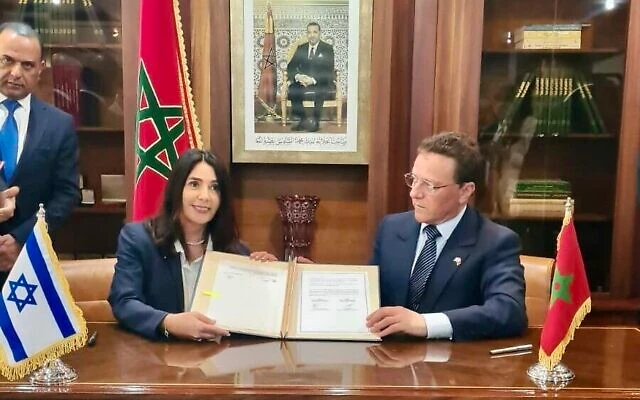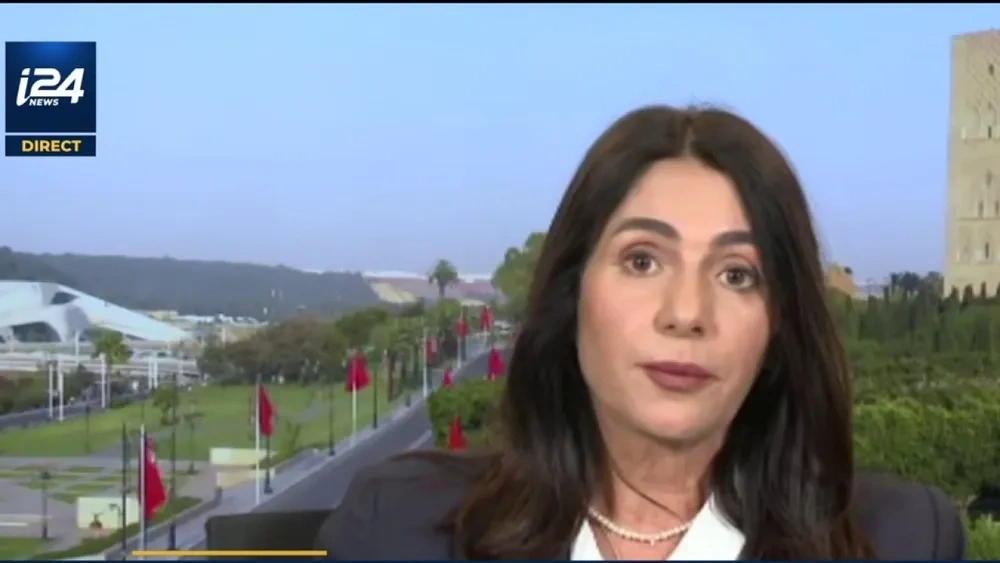“For over a century law has hovered over the Palestinian Israeli conflict. In many ways it has been a conflict forged by law.”
The quote above, made by John Strawson, makes apparent that international law is responsible for the Palestinian/Israeli conflict and suggests that all other factors, like religion is a secondary aspect.
Much can be said about this conflict. The region, in which Palestine and Israel exist, holds a religious significance with all Abrahamic faiths, and all three believe that they have the divine right to reside and rule over the holy city of Jerusalem. So, with that said, religion has undoubtedly played a crucial part in the formation and continuation of this conflict. However, there are a huge number of vital components aside from religion without which the creation of Israel would not have taken place.
The Palestinian/Israeli conflict is a multifaceted conflict and has multiple causalities. It started on both secular and religious pretexts. It began with the Zionist aspiration of creating a “Jewish National Homeland.” This inevitably would provoke a reaction from the Arabs. Zionism, they said, was AN aggression against the indigenous population of Palestine. Religion, in this context became important, as it was a method of identification. The majority of Palestinians are Muslims and of course Israelis are predominantly Jewish. But since the beginning of the conflict there has been very few claims that this is a war between Islam and Judaism, neither has there been enough empirical study to prove that this is primarily a war of two different creeds. It is more about the right of self-determination. The Palestinians want land and territory that they were forcefully driven out of. For those exiled, they want their right to return to their motherland and for those who are still residing in Palestine, they want basic rights; the right to work and earn a living, access to education and adequate health care, the right to be able to move about freely without having to pass check points. None of these desires are intrinsically related to religion, these are basic rights that every individual in any nation state should have under international law.
The conflict has over the years adopted slightly more religious characteristics, to justify claims for the control of territory. However religion’s initial role and engagement in the conflict was marginal in comparison with the nationalism aspect. Once the United Nations proposed resolution 181, the Bible was used to define the boundaries of the future Israeli state. Biblically minded Jews later began to use the religious rhetoric to prove that the “entire promised land belonged to the Jewish people”. This is where we can apply both Clausewitz and Fox’s claim that war is a continuation of politics. So the Jews were using religion in order to fulfill their political agenda of taking over the entire region of Palestine and establishing a greater Jewish National Homeland. This can also be said about the Palestinian side. By mid 1980s, the Palestinian struggle adopted more religious aspects. They were engaged in a struggle to recover a lost portion of Dar ul Islam including Islam’s third most sacred city, Jerusalem. Religious players on both sides of the conflict are gaining wider influence.
Specifically with regards to Islam, it was barely part of the discourse at the beginning of the Palestinian struggle. The partition of Palestine was seen by Arabs in general and Muslims as illegal because it ruled out any opportunity to allow the majority of Palestinians to decide on the fate of their own state and decide on their future, El-Alami says, as territory cannot be carved out of other sovereign states.
It is also important to note that not all of those in support of the Palestinians are Arab or Muslim. People from all wakes of ideologies across the globe support the Palestinian struggle, including prominent Israeli Jews, like Ilan Pappe. He believes that the 1948 war was an attempt to ethnically cleanse Palestinians. In his book, he illustrate the case by quoting from the U.S. State’s department definition of ethnic cleansing: “The systematic and forced removal of the members of an ethnic group from communities in order to change the ethnic composition of a given region.”
The Palestinian/Israeli conflict is without a doubt one of the most unstable and longest running conflicts in the world. It has acquired international attention and support since its inception and this is proof that not all conflicts fit into the “Clash of Civilization” theory. Both Israeli and Palestinian groups have gained support from people of different civilizations. This is neither a civilizational clash and nor is religion the overriding factor in this conflict.
[symple_box color=”blue” text_align=”left” width=”100%” float=”none”]
Nishaat Ismail is completing a MSc in Middle East in Global Politics: Islam, Conflict and Development at Birkbeck University of London. Nishaat has also a BA in History from the School of Oriental and African Studies (SOAS) in London. Nishaat specialises in the politics of the Middle East and North Africa.
[/symple_box]





